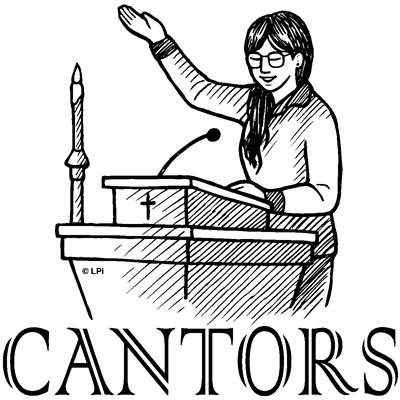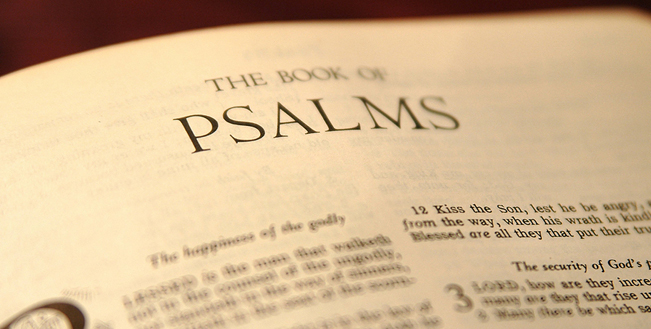The Art of the Cantor This article is the first of a series, by various authors, on different liturgical ministries. What is a Cantor? To some, this may seem obvious. However, the cantors role can be a very flexible one, and varies from parish to parish. In some communities, the-musical director is the cantor: conducting(…)





